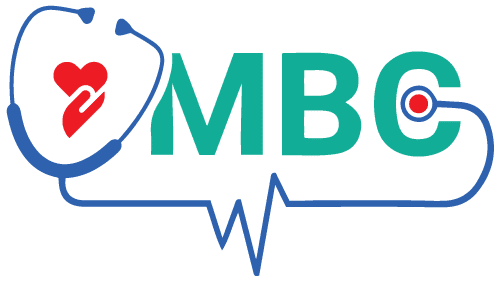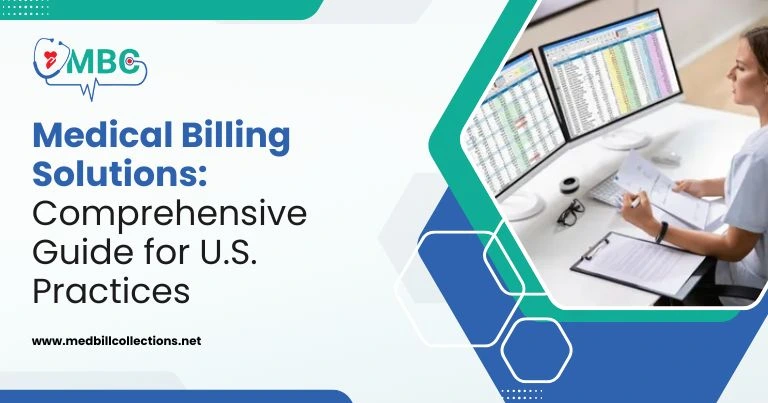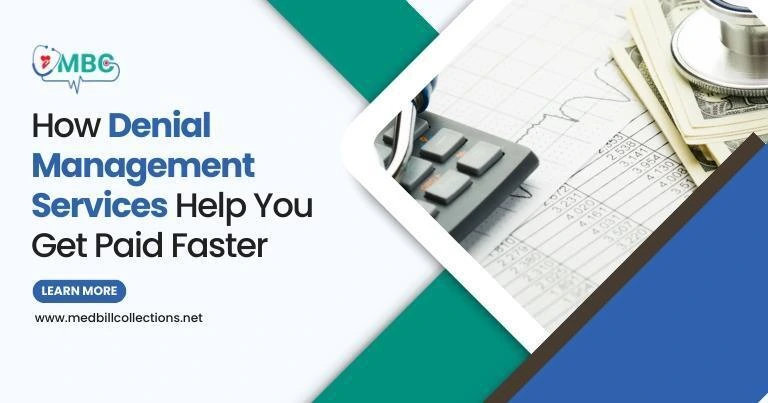Medical billing and coding companies help connect healthcare providers with insurers and facilitate and guarantee that healthcare institutions receive payments for the services they offer to their patients. These are technical services that include expertise in medical processes, health insurance, and legalities.
For healthcare organizations, outsourcing with a professional medical billing and coding provider will reduce expenditures, eliminate errors, and improve revenue. Let’s find out what is involved in medical billing and coding and learn why healthcare providers should share their work with third-party professionals.
What Is Medical Billing And Coding?
Medical coding hence encompasses the process of encoding healthcare services, procedures, diagnoses, and equipment in a standard code. These codes usually originate from standard code classifications, including the ICD-10, CPT, and HCPCS.
Medical billing, however, refers to the process of submitting those coded claims to insurance companies or government health departments—like Medicare or Medicaid.
In combination, medical billing and coding are crucial to the economic aspect of a healthcare organization that must guarantee that payment is processed appropriately and in good time.
The Medical Billing and Coding Process
Now, have a look at the key steps of billing and coding process:
Patient Registration
The healthcare process starts when a patient goes for a consultation with the healthcare provider. Initially, the patient fills in a brief demographic form that contains insurance information in the office of the healthcare provider, and the details are entered into the medical provider’s database.
Documentation of Services
After a patient sees a health care provider, the provider writes down a diagnosis, a treatment, or any other medical procedure in the patient’s records. Documentation is the starting point for coding.
Claim Submission
Once the biller receives the medical codes from the provider, the biller makes an insurance claim to the insurance firm on behalf of the patient. To produce a claim, the insurance company requested all the diagnosis and treatment codes from the patient’s chart.
Payment Posting and Follow-up
After filing the claim, the payer must make a payment to the insured (or reject the claim). Upon payment approval for the claim, the biller enters the payment into the provider system and bills the remaining balance to the patient. If the insurance company declines the claim, the biller will get in touch with them to explore the reason behind the denial.
Appeals and Reimbursement
When the insurance company denies or pays less on a claim, medical billers are usually involved in appealing and presenting other evidence to the insurance companies on behalf of the health care provider that needs to be paid.
The Role of Medical Coders and Billers
Medical coders are technicians who review patient records to diagnose, treat, or perform procedures and determine the correct numerical or alpha-numeric code that is to be assigned. Employing coding procedures like ICD-10, they manage to decode what the doctor wrote and make it into an insurance processing format. Coders make sure the correct and more specific code is billed; for instance, errors can lead clients to reject their claims or underpay them.
Medical billers, in contrast, use the codes generated by medical coders to develop insurance claims. Moreover, the billers have to explain such claims to the insurance payers and follow them up for processing. The other important duties are the follow-up of payments, rejection of claims, and communication with insurance companies and patients regarding payments.
The Benefits of Medical Billing and Coding Companies
Many healthcare providers choose to outsource their medical billing and coding functions to specialized companies for several key reasons:
Cost Efficiency: Outsourcing does away with the requirement for employing, training, and provisioning for medical billing and coding personnel.
Expertise: Medical billing and coding firms use experienced personnel who are familiar with the changes in codes, insurance policies, and billing rules. Such a level of expertise is not easy to develop and maintain within a single facility.
Focus on Patient Care: Outsourcing of services like billing and coding allows health care providers to spend more time attending to their patients, enhancing health results and expanding their business.
Technology and Tools: The main advantage of dealing with professional billing companies is that they effectively use advanced billing software technology and do not allow mistakes in the billing process, leading to high productivity and strictly following the state laws.
Healthcare Payers-Providers Gap
Most patients are ignorant about the coverage they have under their insurance policies, as these programs are revised very often. Physicians often want their patients the care that they need but forget to consider what coverage they have.
This sometimes results in a big gap, but with proper medical billing and coding, the gap can greatly be minimized. Billing and coding services play the middleman role of helping insurance companies and, on the other hand, patients.
Medical billing and coding assist providers, insurance companies, and patients in understanding the cost of services provided. Transparency is very important in the medical billing process to warrant trust in the process and the results. This will go a long way in reassuring patients as well as the insurance companies. Furthermore, proper, accurate, transparent, and consistent medical codes make patients feel relieved of the stress of paying for healthcare services.
Ending Note
Professional medical billing and coding services are critically essential to the efficient functioning of healthcare facilities. They monitor how healthcare providers are paid for their services and ensure that the overall company is within regulation. They help to save time in billing codes, reduce errors, and boost the cash flow of a healthcare provider’s practice.
Outsourcing administrative functions may benefit numerous healthcare providers: when partnering with a reliable third party like the MedBill Collections, efficiency grows, administrative costs shrink, and the greatest value—more attention to patients—is now possible.







